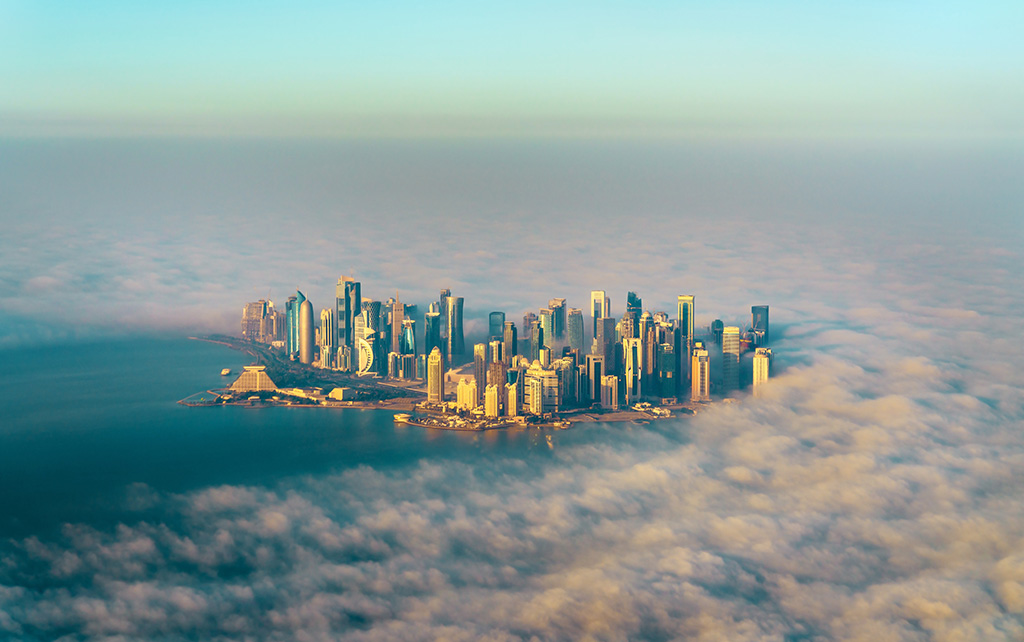Doha, the dynamic capital of Qatar, continues its ascent as one of the world’s most business-friendly cities, and in 2025 it has earned global recognition for precisely that. Ranked fifth in the inaugural Multipolitan Tax-Friendly Cities Index, Doha outpaces traditional financial giants such as Zurich, Hong Kong, and even London—thanks in large part to a uniquely favorable tax regime that is drawing global investors and expatriates alike.
This recognition is more than a title; it is a reaffirmation of Doha’s role as a global business hub and a safe, stable, and lucrative environment for international operations. For real estate investors, especially those investing offshore, the tax incentives in Doha represent an unparalleled opportunity.
Key Features of Doha’s Tax System
1. Zero Personal Income Tax
Doha offers one of the most attractive tax environments in the world—especially for individuals. Residents, whether Qatari nationals or expatriates, enjoy zero personal income tax on salaries, wages, bonuses, or investment income. This stands in stark contrast to the burdensome 20% to 50% income tax rates in most global financial centres.
For high-net-worth individuals and professionals, the absence of personal income tax dramatically enhances take-home pay and overall financial efficiency. This makes Doha an increasingly appealing base for global talent, executives, and remote entrepreneurs who want to maximize their disposable income.
2. Low Corporate Tax
Qatar imposes a standard corporate tax rate of just 10% on foreign entities’ local-source profits, making it one of the lowest in the world. Additionally, businesses registered in special economic zones or operating under certain strategic industries may benefit from even more favorable rates—or full exemptions—under government incentive programs.
3. Incentives for Foreign Investors
Foreign ownership laws have significantly evolved in favor of international investors. In designated real estate zones, non-Qataris can now purchase freehold properties, and in some cases, doing so qualifies investors and their families for residency permits. Coupled with liberalized company ownership laws, which allow 100% foreign ownership in many sectors, the incentives for setting up shop in Doha have never been stronger.
The Real Estate Advantage
This uniquely welcoming environment is having a direct impact on the real estate market. Luxury apartments in The Pearl, waterfront villas in Lusail City, and commercial developments in West Bay are in growing demand—not just from locals, but from international buyers, funds, and institutions looking to hedge against overregulated markets in the West.
With robust infrastructure, political stability, and a tax structure that rewards investment, Doha’s real estate market is poised for long-term growth. Property prices are still competitive compared to global cities, but with rising demand and limited high-end inventory, early entrants stand to benefit the most.
Conclusion
Doha’s emergence as a top-tier tax-friendly city is not accidental—it’s the result of a deliberate strategy to position Qatar as a magnet for global talent, capital, and innovation. For offshore investors, this translates into an opportunity to participate in a real estate market backed by strong fundamentals, no income tax, and generous investment incentives.
At Invest Offshore, we recognize the immense potential of Doha as a destination of choice for both lifestyle and returns. Contact us to learn more about curated investment opportunities in Qatar and how to benefit from its investor-friendly tax landscape.
Invest Offshore has opportunities in West Africa and the Middle East seeking capital investment and real estate partnerships. Ask us how to diversify your portfolio into one of the most promising global hubs—Doha.

Leave a Reply